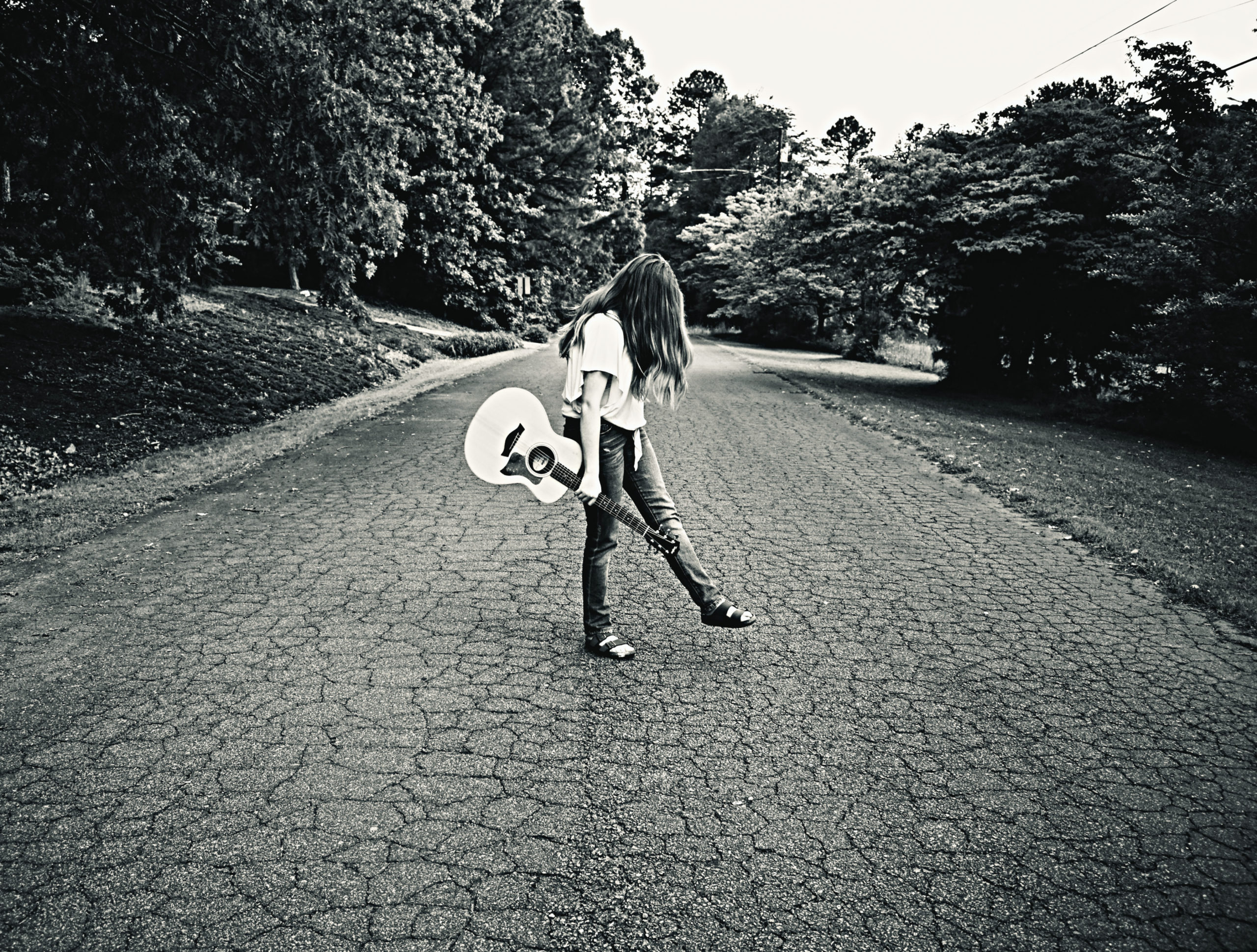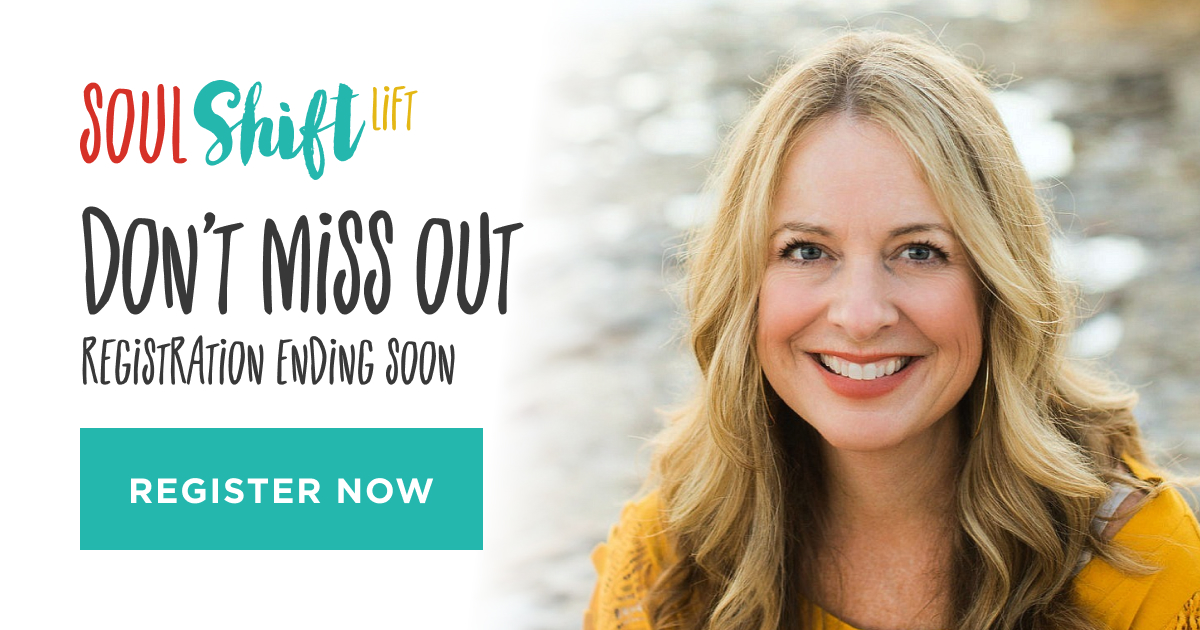
“You're not scared when I'm not okay
You're holding the spaces
You're showing me what grace is
That I'm stronger because of the pain.”
-JJ Heller, Beautiful Again
Right in front of my eyes, I watched virtual learning through a global pandemic take a toll on my youngest teen.
Gone was her motivation, her spark, her creativity, and her curiosity.
Ever-present was angst, sadness, doubt, and despair.
Month after trying month, I sought to support her in every way, shape, or form possible. She had everything she could possibly need to be successful – emotionally, mentally, spiritually, and physically. Yet, she still struggled to do what she needed to do.
It was so unlike her, and the change in my child pained me, frustrated me, and perplexed me.
What more can I do? I wondered many times a day.
The answer came unexpectedly as I pointed to a missing assignment in the eLearning portal and said something that was becoming quite common for me.
“We need to get this done,” I said.
“Not ‘we’ – me. I need to get this done,” she replied.
All at once, the most uncomfortable piece of wisdom I encountered while writing my latest book, LIVE LOVE NOW, came back to me.
Julie Lythcott-Haims, whose insights on raising independent, unentitled young adults has greatly impacted my parenting journey, offered advice on her website that made me feel uncomfortable.
The author of HOW TO RAISE AN ADULT listed three of the most common mistakes and how parents can stop hindering their children’s ability to manage life by making a few key changes:
- Stop saying ‘we’ when you really mean your child. You don’t have a midterm — your child does. You don’t have soccer practice – your child does.
- Stop arguing with authority figures. Teach your children to advocate for themselves with respect to authority figures.
- Stop doing their homework. It’s unethical.
It was #1 on the list of overparenting habits that got my defenses up.
Truth is, I’ve been a “We-ER” all my life—with former students… my kids… all people, really. It’s the helper in me that just wants to make sure people know they’re not alone.
But is it really, Rachel?
Could it also be a bit of the control-freak / pleaser / overachiever who for decades based her worth on what she achieved? You know, the woman who is still a bit uncomfortable with failure or how someone’s failure might reflect on her?
Sigh.
I went straight to my closet and combed through piles of Live Love Now research notes and found what I was looking for. I’d buried Julie’s advice at the bottom of the stack, so I wouldn’t have look at it.
With my defenses down, I was able to grasp what Julie was offering.
I sat down on the floor and had a little talk with myself.
‘Rachel, this is not your journey—this is Avery’s journey. And whatever happens is part of her story, not yours. If you take this struggle from her, you rob her of her journey towards independence and also undermine her self-confidence.’
A few hours later, I went to my daughter and apologized.
“I’m going to step back now from your educational journey,” I lovingly told Avery. “I know that you know what needs to be done. I know that you know the consequences of not completing things. I know that you know how to use the supports that are in place. I know this is your journey—and I can’t do this for you; you must do it for yourself. You are capable, brave, strong and smart. I know you can get through this challenging time. I’m here if you need me.”
With tears in her eyes, Avery nodded and thanked me.
It’s been about two months since this conversation took place. I am not going to tell you things miraculously improved, but I will tell you that there is a marked difference in her. As she showed me how to do a linear equation and described a conversation she'd had with her Algebra teacher, she vocalized the difference herself.
“I am doing this for ME now,” she said proudly.
“I can tell. I see a difference in you,” I said.
When I watch Avery doing the work of this growth journey, I often think about myself when I was at my lowest of lows.
Scott came to me with tears in his eyes and said, “We have a problem.”
I knew he meant ME – I have a problem. And I remember thinking, ‘You have no idea. Only I know the depths of the hole I am in, and only I can pull myself out.‘
As much as Scott wanted to save me from my destructive and depleted path, he knew that he couldn’t do it for me; I had to do it for myself.
By doing the work for myself, I learned an incredibly valuable skill. I learned how to listen to my inner knowing, which helped me shift the way I responded to myself and others in times of pain and uncertainty. Not only was I able to forge a healthier, happier path for myself, but I am now teaching others how to do it for themselves through Soul Shift.
I’ve been on a loving path for almost ten years now. Naturally, there are times when I falter—when I cling to control, strive for perfection at any cost, or base my worth on superficial standards. And when I do, it spills out and touches my family.
Avery’s responses of, “I got this, Mom,” or “You don’t need to remind me,” highlight the discovery that continually gives me hope along this journey.
Our stumbles in life don’t call for shame or giving up; they call for compassion and honesty. And by being open about my humanness, I’m becoming a trustworthy and relatable guide for my children as we navigate tough territories together.
I know… I said WE.
There are times when ‘WE’ is appropriate – like the other night when I had a terrible nightmare. Avery heard me scream and came running.
“You’re shaking, Mom,” she said as she wrapped her arms around me and held on for a long time.
“Thank you,” I said hugging her tighter.
“We’ll always be here for each other,” Avery whispered.
I breathed a sigh of relief.
Although our life journeys are our own, thank God we don’t have to navigate them alone.
Dear ones, the steps and strategies I used to make healthy, loving responses a way of life is what I teach in my self-paced, 8-week course, SOUL SHIFT. A new session begins Monday, and there are only 24 hours left to sign up. I believe NOW is the perfect time to learn how to love ourselves through life’s challenges. Right now, we have the opportunity to create new, loving responses in a culture that’s conditioned us to push, compete, compare, and consume through crisis. This is how we create change – not just in our own hearts, bodies, and minds – but also in our relationships, communities, and future generations. Click here to sign up for Soul Shift.
I was recently interviewed on two beautiful podcasts – The Heart Strong Podcast and Still Becoming Podcast. As we begin to discover how to listen to our inner knowing, we are able to help our children and loved ones develop strong internal guidance systems, as well as a more positive self-concept. I don’t think there has been a more important time to listen to what our hearts and souls are needing. These two episodes offer starting points:
STILL BECOMING: Connecting with Yourself & Guiding Your Children
THE HEART STRONG Podcast: Being a Good Guide in Challenging Times



